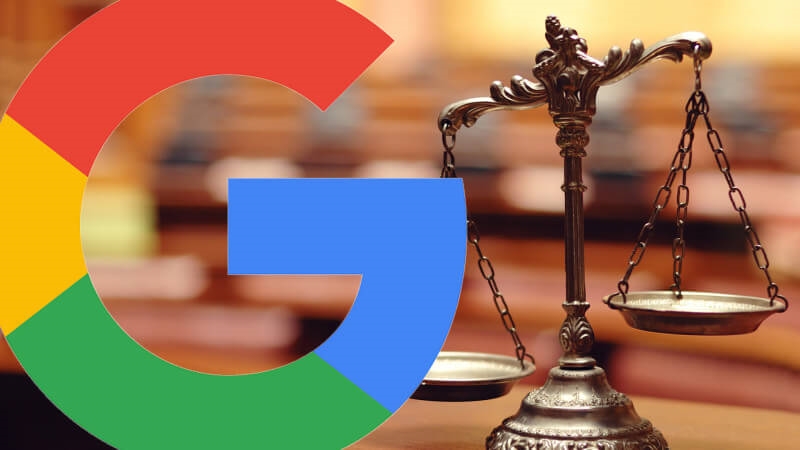Reports: Google, Amazon to face new antitrust inquiries in changed political climate
Reportedly the DOJ will investigate Google and the FTC will take on Amazon.
 After almost two years of investigation and intense lobbying, the FTC closed its antitrust investigation of Google in January 2013. Google made some concessions but escaped significant penalties, with FTC Chairman Jon Leibowitz declaring at the time, “The law protects competition not competitors.”
After almost two years of investigation and intense lobbying, the FTC closed its antitrust investigation of Google in January 2013. Google made some concessions but escaped significant penalties, with FTC Chairman Jon Leibowitz declaring at the time, “The law protects competition not competitors.”
DOJ and FTC divvy up Google, Amazon. But almost from the moment of that decision, critics have been calling for round two. Now, according to multiple reports, the U.S. Justice Department (DOJ) and FTC have come to an agreement to divide up potential new antitrust inquiries involving Google and Amazon, with the DOJ taking Google and the FTC taking Amazon.
According to the NY Times, the broad and vague areas of inquiry are Google’s “advertising and search practices.” These are probably the same issues and questions the Europeans have been focused on for the past six years. The FTC, which had formed a task force to “monitor competition in U.S. technology market,” is now referring all Google-related antitrust questions and matters to the DOJ, according to multiple reports.
Amazon’s impact on retail economy. The potential inquiry into Amazon is even more vague but will reportedly look at whether Amazon’s business practices are adversely impacting competition and whether it wields too much power in the online retail economy. Recently, Bloomberg reported that Amazon was “purging” SMB suppliers on the platform. While Amazon denied the charge this is the sort of thing that would be relevant to an antitrust investigation.
It’s far from clear that any concrete action will come from either of these investigations, assuming they go forward. But it’s clear the political climate is now more supportive of these antitrust moves in a way it hasn’t been in the past.
Changed political environment. Both Republicans and Democrats now have complaints against these companies (and Facebook), though their specific issues and motivations differ. Democratic presidential candidate Elizabeth Warren has even made breaking up big tech companies part of her campaign platform. The steady drumbeat of fines and penalties from Europe is also having an impact on U.S. regulators.
Finally, the 2016 election and subsequent data and privacy scandals negatively affected public perceptions of Facebook and Google but also the tech sector overall. To many, these companies now appear less like innovative job creators than pernicious influences on society.
Why you should care. It’s important to emphasize that these stories are speculative, though they wouldn’t exist without some basis in fact. Any potential impact is likely years away if at all. So the prospect of any major changes in the way Amazon or Google do business is remote.
Having said that, “structural” changes to Amazon or Google’s business practices could potentially result if the government were to aggressively pursue these investigations with the goal of shaking up competition and the balance of power. Even then, the U.S. would have to prevail in court. But these new regulatory stirrings are partly driven by tectonic shifts, since 2013, in public and Congressional attitudes toward regulating big tech companies.
Marketing Land – Internet Marketing News, Strategies & Tips
(27)



